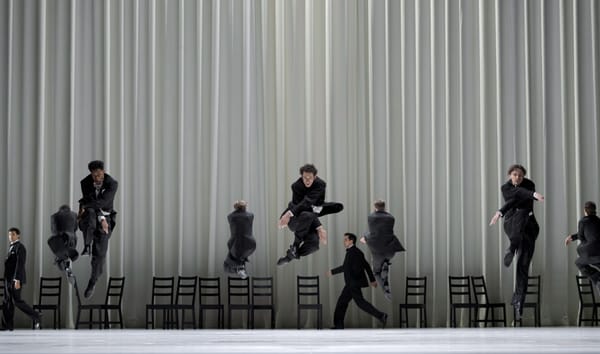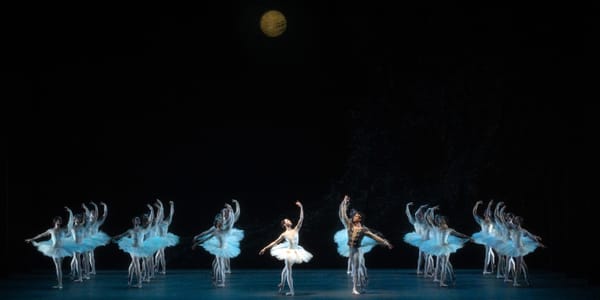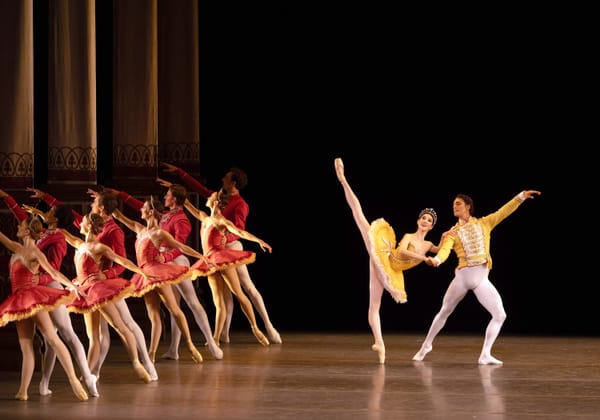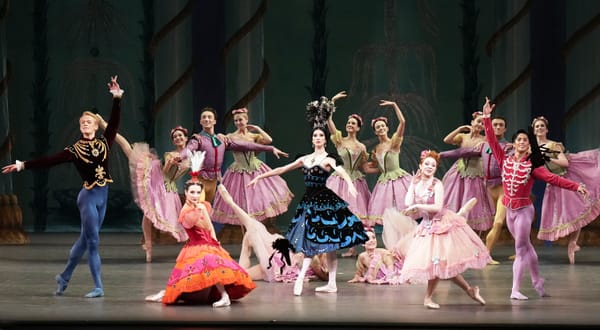More Rooms
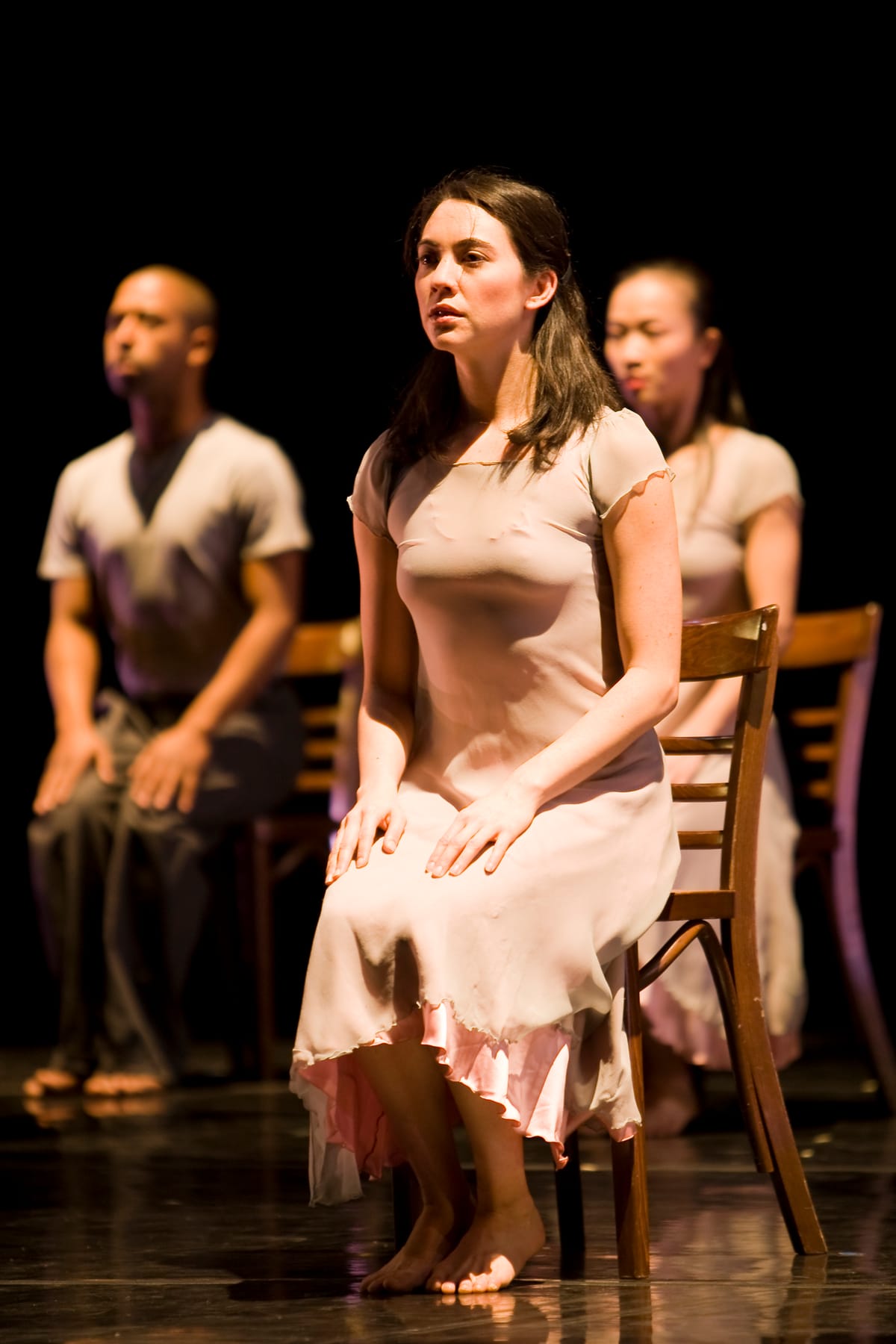
"Rooms"
Limón Dance Company
Borden Auditorium
Manhattan School of Music
New York, NY
September 26, 2011
Fusionworks, "a collaborative/interactive roster of artists", sponsored a performance by the Limón Dance Company to live music of Anna Sokolow's harrowing 1955 work "Rooms". This was recently revived by the Limón company in honor of Sokolow's centenary, but it is hard to understand needing a hook to perform it, and the combination of the vivid, committed performances with the Manhattan School's Chamber Jazz Ensemble was simply shattering. According to the program information, "Rooms" was one of the first works to use serious jazz and to use chairs as props. These are fairly old hat by now, and often seem trite, but this abstract yet personal investigation of urban loneliness is timeless.
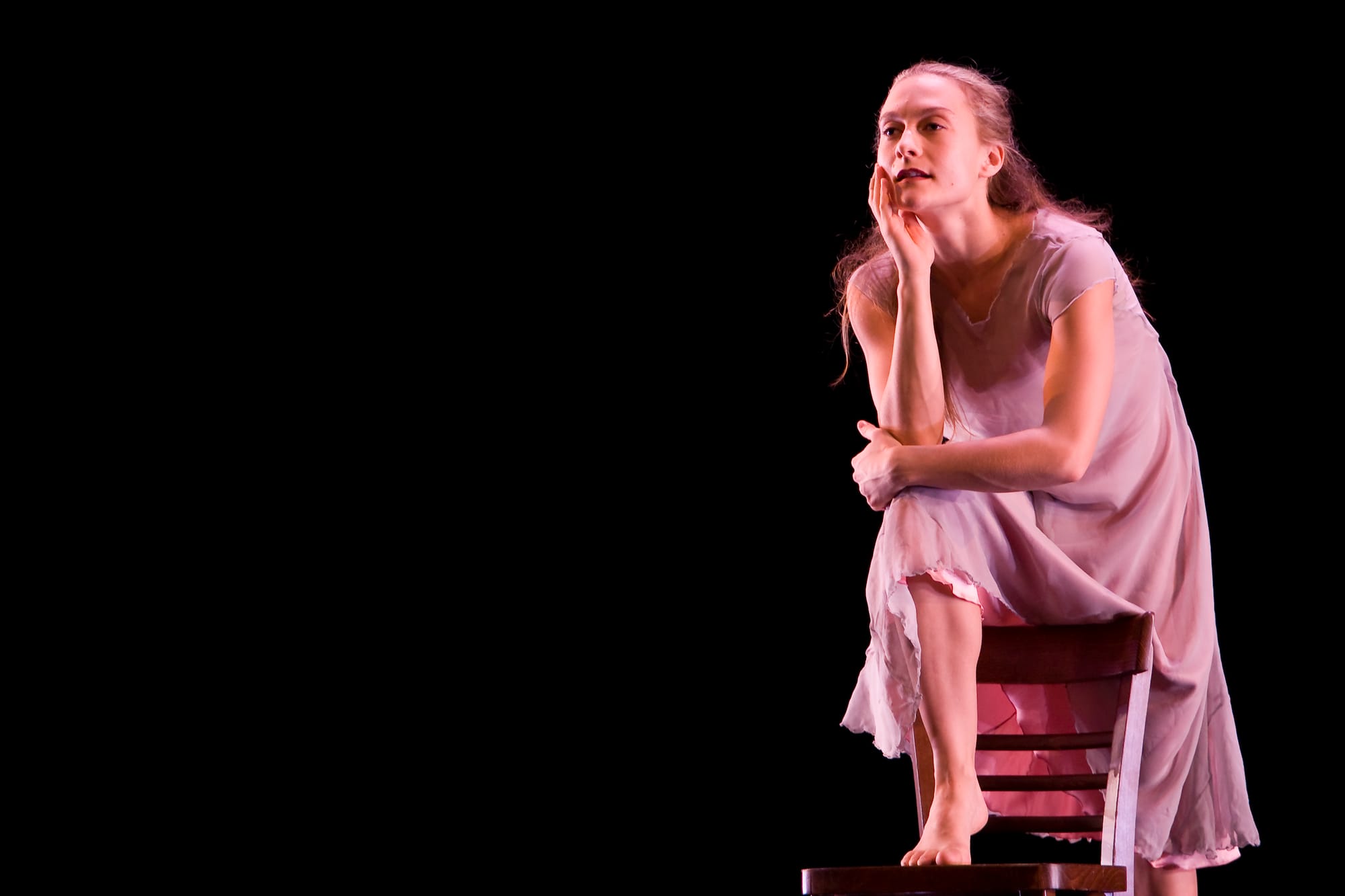
The music, by Kenyon Hopkins who also wrote the scores for the films "Twelve Angry Men" and "Baby Doll", is at times harsh, frantic, and throbbing, like traffic rushing by. The eight dancers open the work standing in isolated pools of light, and then show their various moods in a suite of dances. These aren't just generalized portraits of angst, Sokolow is able, in a few, almost ordinary but telling gestures to develop individual stories. Kristen Foote, especially, stood out for her sensuous solo, danced like a note from a torch song, looking for someone to love. Sokolow made so much of the simple gesture of looking at her palm so telling--a woman looking in a mirror, thinking "I am beautiful, why am I alone?"
Dante Puleio's solo also showed the power of simplicity; he wore a baseball jacket, and the brief, skittery moves seemed to evoke someone who might have been a high-school athlete, constantly reliving his brief moments of triumph, but unable to make anything of adulthood and not understanding why. The final solo, Kathryn Alter in "The End?", was magnificent, as she seemed to embody the isolation of madness, unable to make any human contact. Despite the anguish and despair, this isn't a hopeless or nihilistic work. It builds a room in the audience for sympathy, understanding, and compassion.
copyright © 2011 by Mary Cargill
